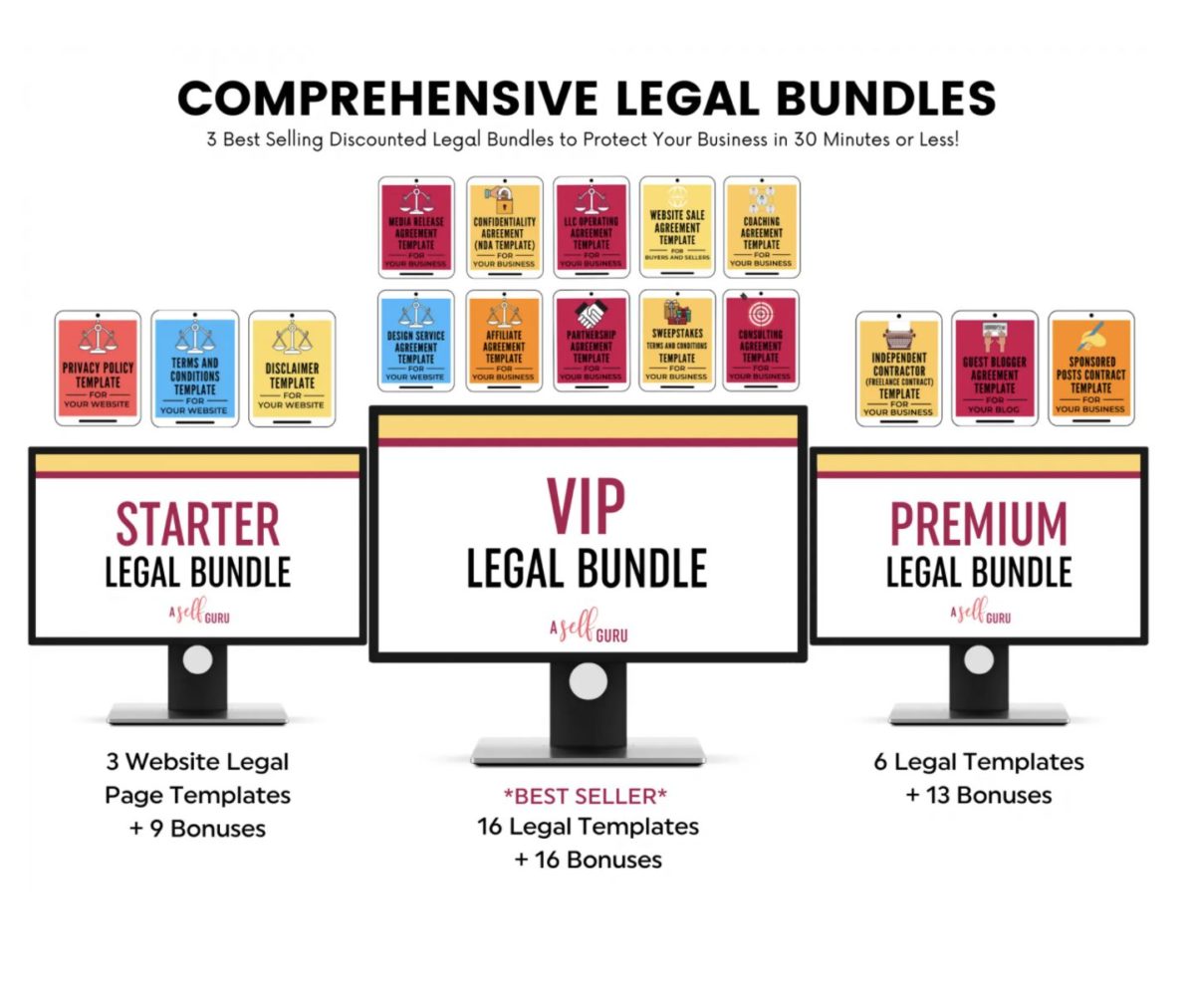Types of Risks Involved When Trading in International Markets
Several risks come with trading in global markets. It is essential to understand these risks so you can plan accordingly and avoid being blindsided by something out of your control.
International trading is not for everyone. It would help if you had a particular goal in mind. Otherwise, it won’t be easy to make any money at all. On the other hand, if you are willing to take on the additional risks and responsibilities that come with international markets, they can provide an excellent source of income.
All you have to do is ensure you prepare your business by equipping employees with the right tools. If not, you can opt to work with a customs broker. You can mitigate risks with a customs broker effortlessly, which is something most international companies are implementing now and then.
Ethics Risks
The ethical risks in international trading are also much higher than in domestic markets. Not only is there the possibility that you will be lied to, but your home country may have laws against unethical behavior when doing business internationally.
While this does not affect every market, it certainly increases the risk of being cheated or having problems with authorities when dealing across borders.
Intellectual-Property Risks
When trading in international markets, there are many risks involved. Intellectual property is one of the most common. Suppose you do not protect your intellectual property when engaging with other countries and companies abroad.
In that case, it can result in lost profits or even revenue loss that could have been prevented. You need to know what types of issues might arise because failing to address these risks can lead to legal trouble.
Each country has different rules for protecting intellectual property, including patents, trademarks, and copyrights. It would help if you researched the types of protections available in each country you choose to make transactions before committing to a deal. Failure to do so could result in loss or even infringement lawsuits. If your company is already infringing on someone else’s intellectual property, you need to take steps to stop it.
Credit Risks
Credit Risk is when a lender does not receive loaned money back at an agreed time and for an agreed amount. This is often referred to as default risk, or more specifically, event risk. If you are looking at credit risk from a lender’s perspective, then the risk is that you will not receive back 100% of what you lent.
Suppose you look at credit from a borrower’s perspective. In that case, it is possible to have adverse credit risk, which means they may be able to borrow more than was previously agreed upon as long as their reputation remains untarnished.
They continue to make payments on time. The credit risk can be mitigated by taking collateral such as property, shares, or other assets, which could be seized if the loan was not repaid in full or at agreed times.
Credit Risk can also refer to an event where there is potential for significant losses due to situations out of the control of a business or individual, such as political changes in a country. This is also known as event risk and can cause fluctuations in currency exchange rates, commodity prices, and other market traded goods which drive up costs for international traders.
Foreign Exchange Risks
Foreign exchange risks are the main risks involved when trading in international markets. When selling internationally, the type of risk that might be most prevalent is foreign exchange risks. These are the main risks involved when you trade in other countries’ currencies.
These include fluctuations in currency rates and changes in country-specific inflation and interest rates. Foreign exchange rate transactions can also involve financial instruments like forwarding contracts. In other words, trading in international markets consists of a lot of risks. It’s not as simple as buying and selling stock within one country – it can be much more complicated.
One critical risk you need to consider is how currency fluctuations could affect your investments or positions denominated in foreign currencies. You also need to know how changes in country-specific inflation, interest rates, and other market conditions might impact your foreign investments or positions.
There are many risks involved when trading in international markets. The biggest thing you have to learn is that you must do your research to avoid scams and better understand the market you want to trade on before committing any money or time into it. You should also be prepared for high-risk, high-reward trades because this will allow you to get a better return on your investment.
Hope this article has been helpful, and thank you for reading.
Want to grow your mailing list faster (even as a newbie).
Add these 3 critical components to your freebie to turn your followers into serious subscribers.
↠ so that you gradually grow a list of dream clients willing to hear from you and ready to buy
↠ so that you don’t waste your efforts and money talking to an uninterested audience or freebie seekers
Download now my free PDF guide and learn:
– The most important exercise to attract hundreds of new subscribers every month.
– How to connect your lead magnet to the rest of your offering
– The one thing that will make it 10x more effective once people get access to your freebie.
Simply enter your details below:










